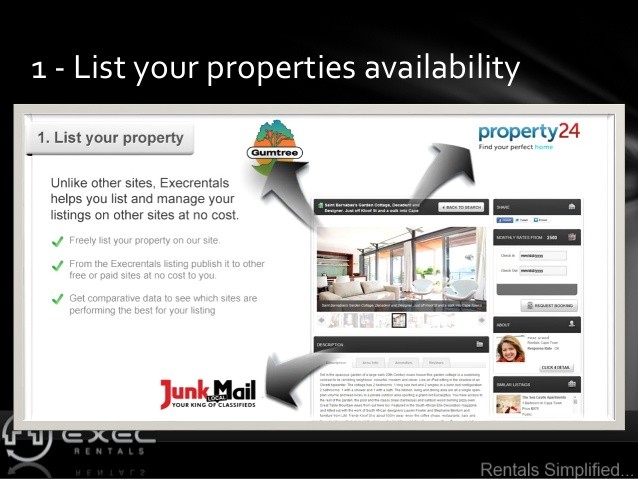How to manage a property portfolio
Post on: 7 Апрель, 2015 No Comment

Working lives have changed and fewer employees can rely on a job for life or a pension.
September 2, 2014
Add to this a period of volatility in the markets and a loss of faith in financial services, and it’s easy to understand why so many people are pinning their pension hopes on property.
Acquiring and managing one property can be hard enough, but when your venture grows into a portfolio of properties, you need to be on the ball at all times and plan every detail carefully to maximise your chances of success.
Where to begin
Many people begin with a renovation project. They might buy a rundown property at a discount, do it up and sell it at a profit, which they can then invest in the next project. As the developer becomes more experienced, they might keep one of the properties they’ve renovated and let it. They then remortgage to buy their next property, using the rent to fund the project, and so on. The same principles apply.
The aim is to add value to any house or flat so that it provides both an income and long term capital appreciation. As with any property purchase, ‘location, location, location’ are still the watch words. Even if the property itself needs work, the rental yields and capital appreciation will depend on it being in the right place, close to transport, schools and shops.
There are companies which specialise in investing in property on behalf of members of the public. These can be a good option for people who don’t wish to do it themselves, but thorough research into their suitability is advised. Remember, if it seems too good to be true, it probably is. Read Gary McCausland’s ‘How to become a property developer’ on PrimeLocation for his top 10 tips on how to maximise your chances of success if you’re considering a career in property developing.
Another smart way of tapping into the market is to buy off-plan, before a development is even built. The benefits are that there are some exceptionally good discounts to be had. Additionally, by the time the property is built, it is likely that there will have been some capital appreciation already. Read about how to buy a property off-plan for more information and advice on the subject.
Once you have a mini portfolio and a positive cash position, your options widen and you can consider properties further afield or even abroad. Seasoned investors purchase discounted properties at auction. This can be a lucrative way of building up investments as many auction properties are less appealing to the regular market. They might need a fair bit of work, for example, making them less attractive to conventional mortgage lenders. Read property developer Lucy Alexander’s guide on how to buy a property at auction for help and advice right now on PrimeLocation.
Spreading the net
As the portfolio builds, it is wise to try and spread the investments. Buy in different areas (southwest vs London, or Europe vs Britain) and in different market sectors. You might consider investing in student properties, professional and company lets, or rental property to public sector professionals, such as teachers, doctors or nurses.

Practicalities
On a practical note, if the investments are abroad or perhaps in a far flung part of Britain, it is important that there is a caretaker or building manager on hand to deal with emergencies. Likewise, absentee landlords need reliable tenants, ones who will stay for a long time and pay the rent on time. Letting agents will conduct checks into any tenants they put into a property.
The larger the portfolio, the more complex the financing becomes, although, ironically, you’ll have more flexibility. It will be necessary to run the portfolio along sound business principles, with cash flow projections, loan to value measures and rental yield calculations across the portfolio. Finance strategies need to be tailored across the property portfolio. Banks have a number of special loan and mortgage accounts which may be appropriate.
It is also important to factor in maintenance costs, which can be considerable across a number of properties. It is worth seeking professional book keeping and accountancy advice, particularly in the initial stages of setting up the business.
Related information
Some information contained herein may have changed since it was first published. PrimeLocation strongly advises you to seek current legal and/or financial advice from a qualified professional.














